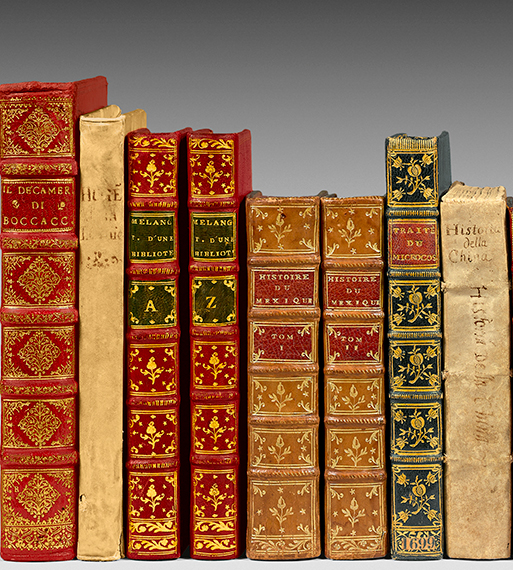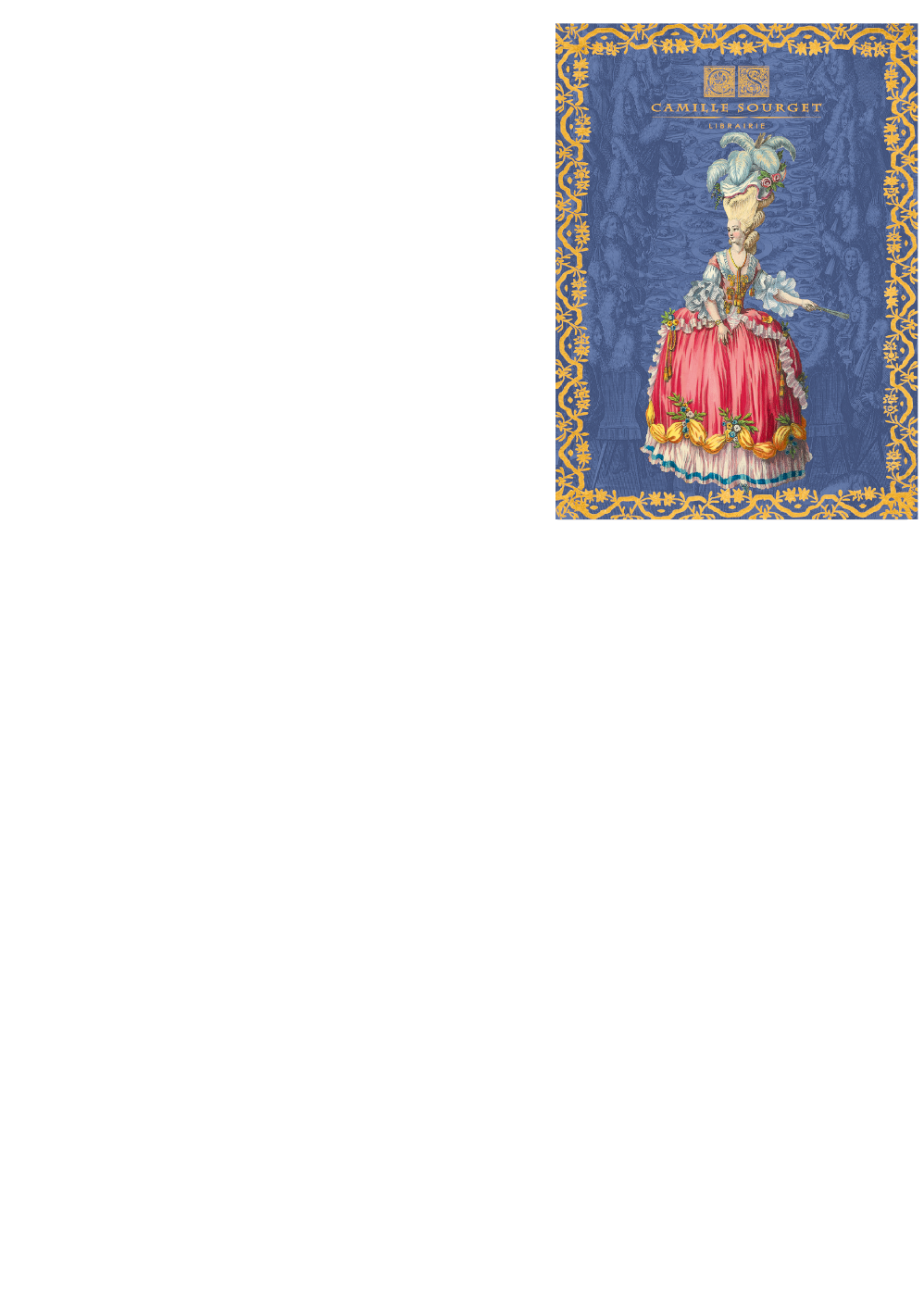Extremely rare original edition of this collection of poetry from Provence
du Vaucluse stonecutter Alphonse Maillet
Aix, 1848.
Maillet, Alphonse. French and Provençal Poems Dedicated to the Workers.
Aix, Noyer, 1848.
In-12 of: XXXI pp., (2) leaves, 231 pp. Bound in half-green calf, smooth spine gilt-edged. Binding of the period.
167 x 107 mm.
Extremely rare original edition of the only collection of poems by the Vaucluse poet and stonecutter Alphonse Maillet.
First print copy, with the error “at citoyen” p. xvii.
A stoneworker from the Occitan region, Anfos Maillet was born in La Tour-d’Aigues, a locality on the southern slope of the Luberon in Vaucluse, on January 6, 1810. He is the nephew of Jean Joseph Diouloufet (1771-1840), a remarkable Occitan poet, legitimist, and librarian of the Méjane in Aix. Afflicted with pulmonary tuberculosis, Alphonse is frail, and it becomes clear when he works too hard. He therefore seeks and obtains a position as a study master at the École Normale Primaire d’Aix-en-Provence. From 1841, he collaborates in Occitan with the journal of Peire Bellot and Lois Méry, ‘Lo Tamborinaire and the Minstrel’ and especially with that of Josep Desanat, ‘Lo Bolhabaisso’ (The Bouillabaisse) which will appear until 1846. He passed away in Aix in 1850, only two years after the publication of the present and only collection of his poems.
The printing of this collection took place during the events of February 1848, and the book begins with three last-minute additional poems dedicated to Emile Ollivier, Carnot, and the workers.
Inspired by Lamartine, Maillet’s French poems revisit all the cherished themes of the time: sacred union, honesty, love of freedom, love of religion and Christ, etc.
It is mostly his compositions in Occitan that ensure the stonecutter-poet retains a special place in the history of literature.
“ In 1848, a worker-poet, Alphonse Maillet, tailor in Tour-d’Aigues, who later became a study master at the normal school in Aix, printed a volume of French and Provençal poetry. His productions in our language are distinguished by their naturalness, grace, and color. We cite, as pieces of real merit, the Avuglo, the Odo to the moon and especially The Dourguetto.”
Memoirs of the Academy of Sciences, Agriculture, Arts and Fine Letters of Aix, Volume IX.
“Before the Félibrige, the Midi experienced a flourishing period of popular poetry. This is not a marginal phenomenon, but a considerable sociological and poetic event. Through enthusiasm, these poets asserted themselves in the first half of the century and their influence lasted long.is Throughout the century, alongside mason Mathieu Lacroix (1819-1866), his confrere Denis Ollivier stands, and there […] Auprès du maçon Mathieu Lacroix (1819-1866), au long du siècle, il y a son confrère Denis Ollivier, et s’ajare also peasants named Alphonse Tavan (1833-1905), from Châteauneuf-de-Gadagne, gardener at the Font-Ségugne le cradle of Félibrige, Charles Rieu, known as Charloun (1845-1924), an Arlésien, author of rustic songs prefaced by Mistral; Paul Froment (1875-1898), from Quercy, author of ‘Lous de Primo’, 1897; blacksmiths like Justin Courbin and A.-L. Grenier, and in addition to Jean-Antoine Peyrottes (1813-1858), the shoemaker from Clermont-L’Hérault there are also Jean Lacon, mechanic, Louis Pélabon, sailmaker in Toulon, Louis Vestrepain, shoemaker in Toulouse, Alphonse Maillet (1810-1850), taillor in La Tour-d’Aigues, Guillaume Laforêt, cart driver in Saint-Gilles, Louis Biard, wood turner in Nîmes, Marius Decard, worker from Aix and a modest innkeeper of the poor, …
As in the time of Bernart, son of a serf at the castle of Ventadour, the humblest mingle with the bourgeois and the scholars, before, during and after the Félibrige. It is a fascinating history that does not begin with Roumanille and his friends, but well before, when poets of oc were recognized as perfect romantics, more popular on their land than many great ones of the capital.”
Robert Sabatier, History of French Poetry, II, p. 475
“He was a tailor in the Tour-d’Aigues, his native country, when the muse granted him his first favors. Encouraged by kindly advice, he sought education to perfect the natural gifts he had received. His persevering efforts were crowned with success. He was placed at the normal school in Aix, where he remained for a long time as a study master. In the spare moments hiss teaching duties left him, he wove fresh garlands of verses whose fragrance was breathed only by his friends and a few rare appreciators leWe still remember with what modesty he received praise for his talent. … La memory of Mr. Maillet will nonetheless survive him, for he leaves a book where tender souls will always find gentle outpourings, and Provençal verses whose piquancy, verve, and originality will constantly be sought by lovers of our local literature.” (The Memorial of Aix. Sunday, August 31, 1851, p. 2).
Precious copy of this rare piece of Provençal literature, preserved in its period binding.
Location of copies numbering only 2 in France: Interregional Development Center for Occitan in Béziers, University of Paris Sorbonne.

